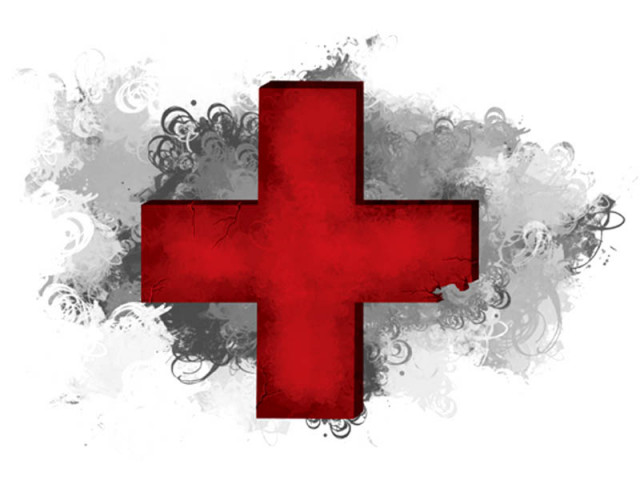Zainab Panjwani Memorial Hospital: A blessing in a violence-stricken city
The hospital is also known for its obstetric, pediatric and gynaecology wards.

Dr Nehchal Das, the hospital’s chief medical officer, said that he has witnessed many days in which victims of terrorism are brought to the emergency ward, given first aid and then promptly sent off to public hospitals. Every Muharram, a camp is set up outside the hospital where hundreds of men are brought after the self flagellation ritual.
The hospital was created in 1994 by Nadira Panjwani, who earned the Hilal-e-Imtiaz and Sitara-e-Imtiaz in recognition of her services to the citizens of the country. She named the hospital after her late mother. The facility, which has 75 beds, is visited by around 200,000 patients every year. While most of them are residents of nearby areas, people from as far as Turbat, Gwadar and Iran have come to see the hospital’s specialists.
Over the years, the hospital has earned a reputation of having some of Karachi’s finest obstetric, pediatric and gynecology wards. Women from all over the city come to the hospital when they go into labour and even parents living in distant neighbourhoods bring their sick children to the facility. On average, around 3,000 babies are born every year at the hospital. The gynecology and obstetrics wards are visited by about 32,000 people and 30,000 patients are treated at the pediatric ward every year.
The hospital draws a large number of patients because the cost of treatment is only half of that charged at private hospitals and well-reputed specialists can be found there. Gynecologist Dr Fauzia Shafiq said that a very large number of women seek treatment there because it focuses on gynecological problems, unlike most other hospitals of the city.
Humaira, a resident of Lines Area, had come all the way to the hospital after developing complications following her third delivery. “There are no hospitals in my neighbourhood. My neighbour recommended this hospital to me, saying that the doctors there are very cooperative,” she said.
Pediatrician Dr Khalid Shafi said that the hospital, which is a partner of the government’s Expanded Programme on Immunisation, has saved many children from premature deaths by vaccinating them. The hospital also collects data on infectious diseases from a large chunk of the city’s population and then shares its findings with the government.
The management has started running free clinics three days a week. The hospital has also been organising free ophthalmology and gynecology clinics. “We are a community-oriented hospital,” said the medical director of the hospital.
Published in The Express Tribune, August 11th, 2012.

















COMMENTS
Comments are moderated and generally will be posted if they are on-topic and not abusive.
For more information, please see our Comments FAQ